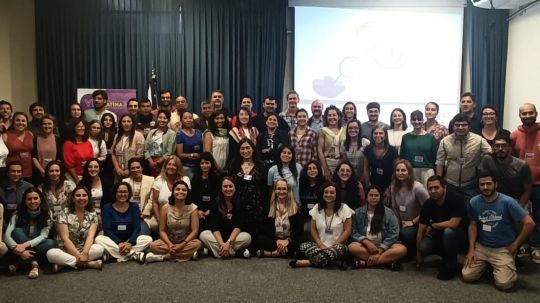SOLATINA 2024 Workshop Report
and CYTED COLMENA Network Researchers Meeting
Between the 4th and 5th of December, 70 researchers and postgraduate students participated in the VI SOLATINA Workshop at INTA in Buenos Aires, Argentina. Attendees came from: Argentina, Bolivia, Brazil, Chile, Colombia, Costa Rica, Ecuador, France, Peru, Uruguay and Mexico.
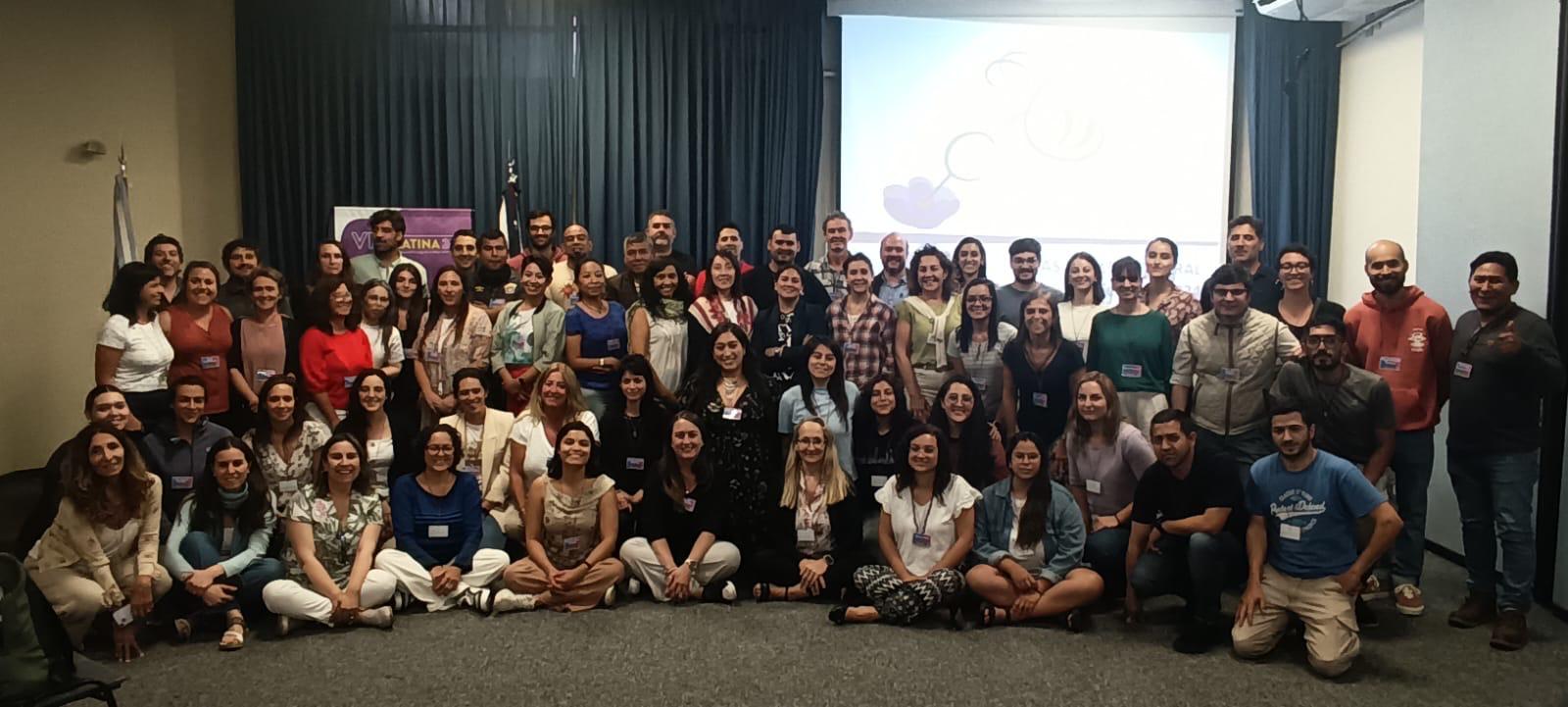
Photo 1. Group of attendees at the VI SOLATINA Workshop, 2024.
It is important to note that the working modality of this Workshop and Meeting of Researchers of the CYTED COLMENA Network was as follows: Each group that develops the different topics of SOLATINA and that also contribute to the objectives of the COLMENA NETWORK presented a summary of their objectives and activities during the year 2024. In this regard, the coordinators of each group and subgroup moderated the discussion and organised the development of the work during the time available for each topic on both days. Finally, each group agreed on the outlines of the work plan for the coming year.
1. Presentation of the activities of the RED-CYTED COLMENA.
The day began with presentations by Dr. Karina Antúnez (photo 2), who introduced the RED CYTED COLMENA project to the attendees, invited the integration of new researchers and presented the activities carried out since its inception. Subsequently, Dr. Marina Basualdo presented the interventions with beekeepers and meliponiculturists in Bolivia, highlighting the need for these producers to receive instruction from the academy by professionals with experience in the management and production of honey bees and stingless bees. Como resultado, se plantearán nuevas actividades presenciales y remotas con productores de distintos países, con énfasis en aquellos países que tienen menor desarrollo académico y en investigación en abejas como Perú y Bolivia.
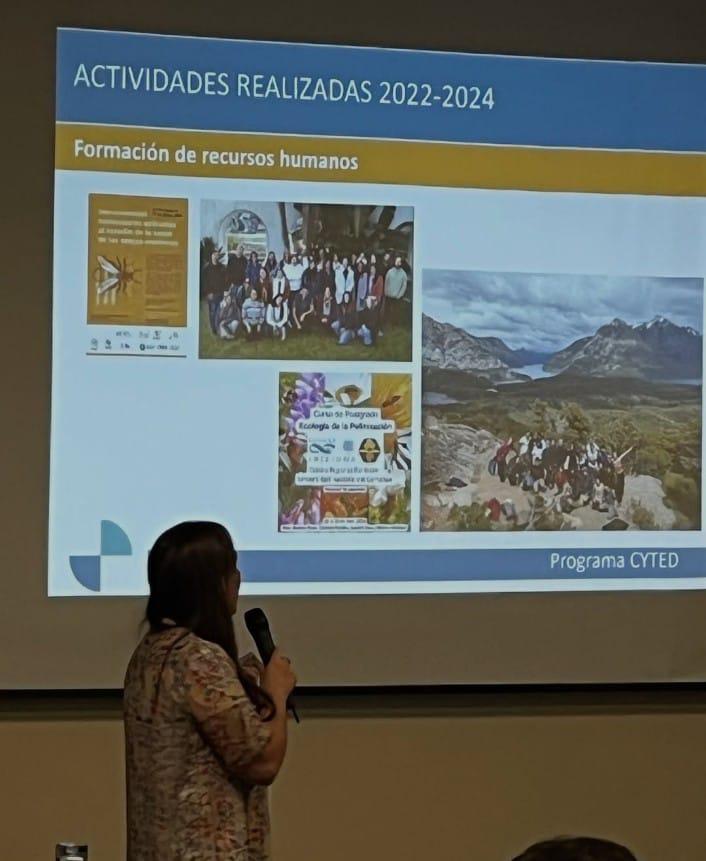
Photo 2. Presentation by Dr. Karina Antúnez of the activities of the COLMENA CYTED Network.
2. Plenary of the Entomophilous Pollination Group.
The coordinators of this group, Dr. Marina Basualdo and Dr. Rubem Avila, presented to the attendees the results achieved so far within this group, which included the organisation of the interaction networks workshop prior to the workshop and the elaboration of a manuscript in which several members of the group participated.
3. Plenary of the Bumblebees and Bombiculture and Meliponines working groups.
During this day, the present coordinators of both groups Sheena Salvarrey and Aurora Xolalpa moderated the discussion presenting the progress of each topic developed during the year. In particular, the Meliponines group worked on the identification of the most frequent managed species in Latin America, based on the answers obtained in the colony loss surveys from 2017 to date. In this way, it will be possible to estimate the impact of colony losses of the stingless bees most represented in the survey responses.
4. Plenary of the Pests and Pathogens Group. Coordinators: N. Bulacio and P. Aldea.
This group is coordinated by Natalia Bulacio and Patricia Aldea. During the plenary session, the various lines of work were discussed. Working subgroups were formed, such as integrated pest management practices (photo 3), short dissemination videos Varroa resistance to acaricides and pathogen resistant/tolerant bee populations. The latter subgroup proposed the development of a theoretical and practical training programme for the determination of bee behaviours that make bees resistant/tolerant to Varroa for the period 2025- 2026. The short video dissemination subgroup agreed that the topics to be addressed will be broader or cross-cutting in the different topics addressed by SOLATINA.
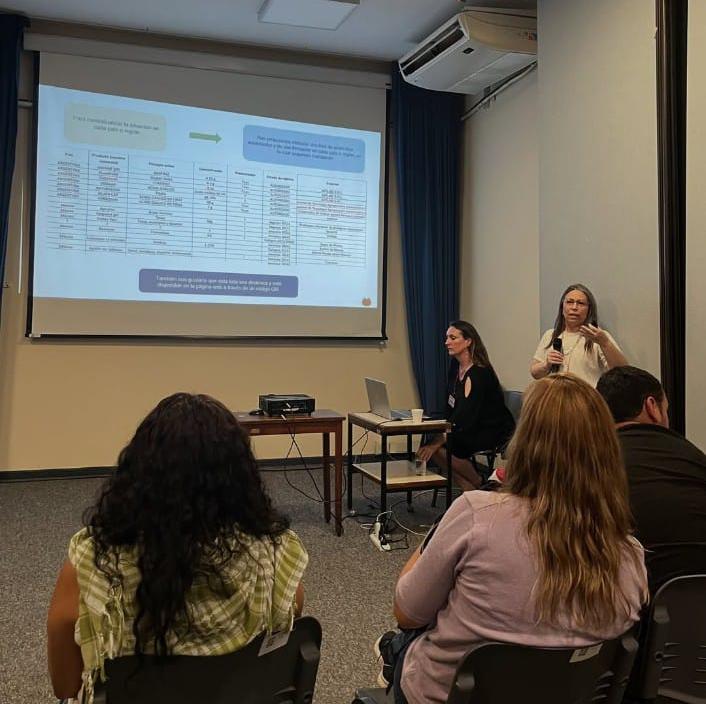
Photo 3. Discussion of data obtained in the integrated pest management subgroup, Romina Russo and Patricia Aldea.
5. Plenary of the Impact of Agricultural and Beekeeping Practices Group.
On this occasion, the coordinators Grecia De Groot, Diego Vázquez and Patricia Aldea presented the results of the work carried out by the members of the group during 2024. Among the results obtained, a survey of residues from agricultural and beekeeping practices in various honey matrices, the construction of a list of laboratories with technical capabilities for residue analysis, and the publication of a manuscript of Melilla and Melilla, which was presented at the meeting. In addition, the manuscript on Meliponins and toxicity, which is already published.
Participants were able to present their ideas for the continuity of the lines of development of future research.
6. Plenary of the Colony Loss Monitoring Group.
Group coordinators Fabrice Requier, Malena Sibaja and Karina Antúnez (Photo 4) presented the results of the surveys prior to 2023. The day was spent reviewing the questions in the surveys so that the participants understood the scope of the questions and potential answers, reviewed the points that could generate doubts, evaluated trends in the answers, etc. Possible ways to encourage survey responses from beekeepers were also discussed.
The opportunity was taken to integrate new country coordinators, which will allow for more responses in future surveys.
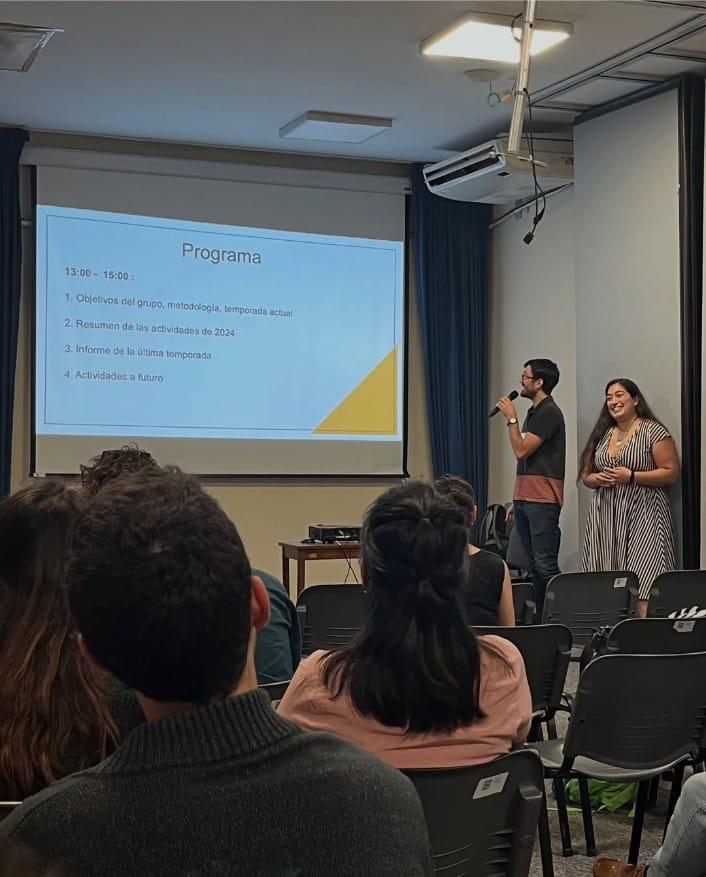
Photo 4. Coordinators Malena Sibaja and Fabrice Requier presented their work plan that was developed during the workshop.
Dr Patricia Aldea, SOLATINA
Ref.: ECT_20240908C
Completed 2024
